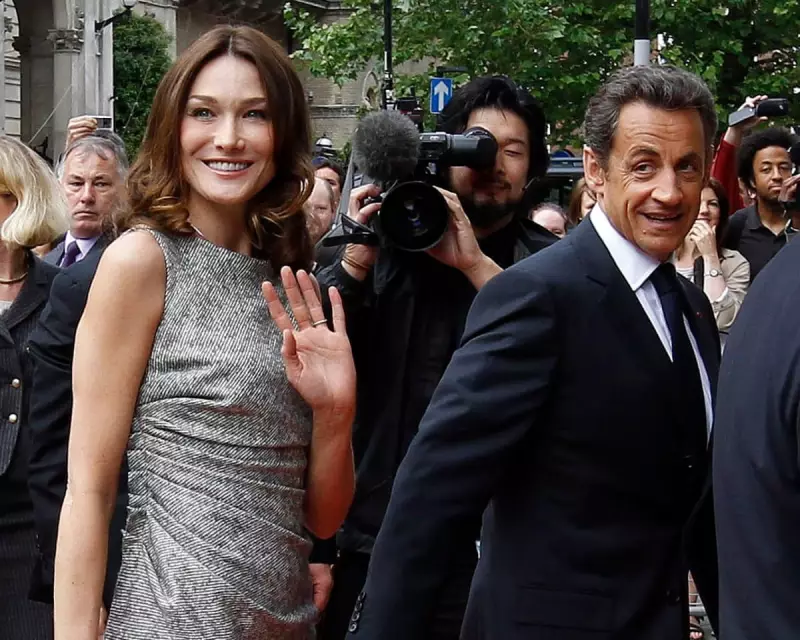
For generations, the hallowed halls of French power have echoed with whispers of backroom deals and illicit arrangements. The recent allegations rocking the French political establishment are merely the latest chapter in a long and troubling history of systemic corruption that has become woven into the very fabric of the nation's governance.
A Tradition of Impunity
The French political landscape has long operated with an unspoken understanding: those in power often play by different rules. From cash-filled envelopes to lucrative consultancy contracts for friends and family, the methods may vary but the outcome remains consistent - the erosion of public trust.
What makes the French case particularly concerning is the culture of impunity that has allowed this behaviour to flourish across multiple administrations. Political dynasties and elite networks have created a system where accountability seems to vanish behind the ornate doors of ministerial offices.
Presidential Palaces and Political Poison
Recent years have seen an alarming number of high-profile figures embroiled in controversy. Current President Emmanuel Macron's inner circle has faced multiple investigations, while former president Nicolas Sarkozy was convicted for corruption - a historic first for a French head of state.
These aren't isolated incidents but rather symptoms of a deeper malaise. The pattern repeats: allegations surface, denials are issued, investigations drag on, and when convictions rarely come, they're often seen as mere slaps on the wrist.
The Democratic Deficit
This persistent corruption crisis has created what political analysts term a 'democratic deficit'. French citizens increasingly view their political class with deep suspicion, seeing them as a self-serving elite detached from the concerns of ordinary people.
The consequences are profound: voter apathy, rising support for extremist parties, and a growing belief that the system is fundamentally broken. When citizens lose faith in their institutions, the very foundations of democracy begin to crumble.
Same Story, Different Century
Historical parallels are striking. From the financial scandals of the Third Republic to the modern-day allegations, France's relationship with political corruption appears to be a constant rather than an exception. The players change, but the game remains remarkably consistent.
As new revelations continue to emerge, one question hangs heavy in the air: when will France finally break free from this corrosive cycle of power and privilege? The answer remains elusive, buried beneath layers of political protection and institutional inertia.





